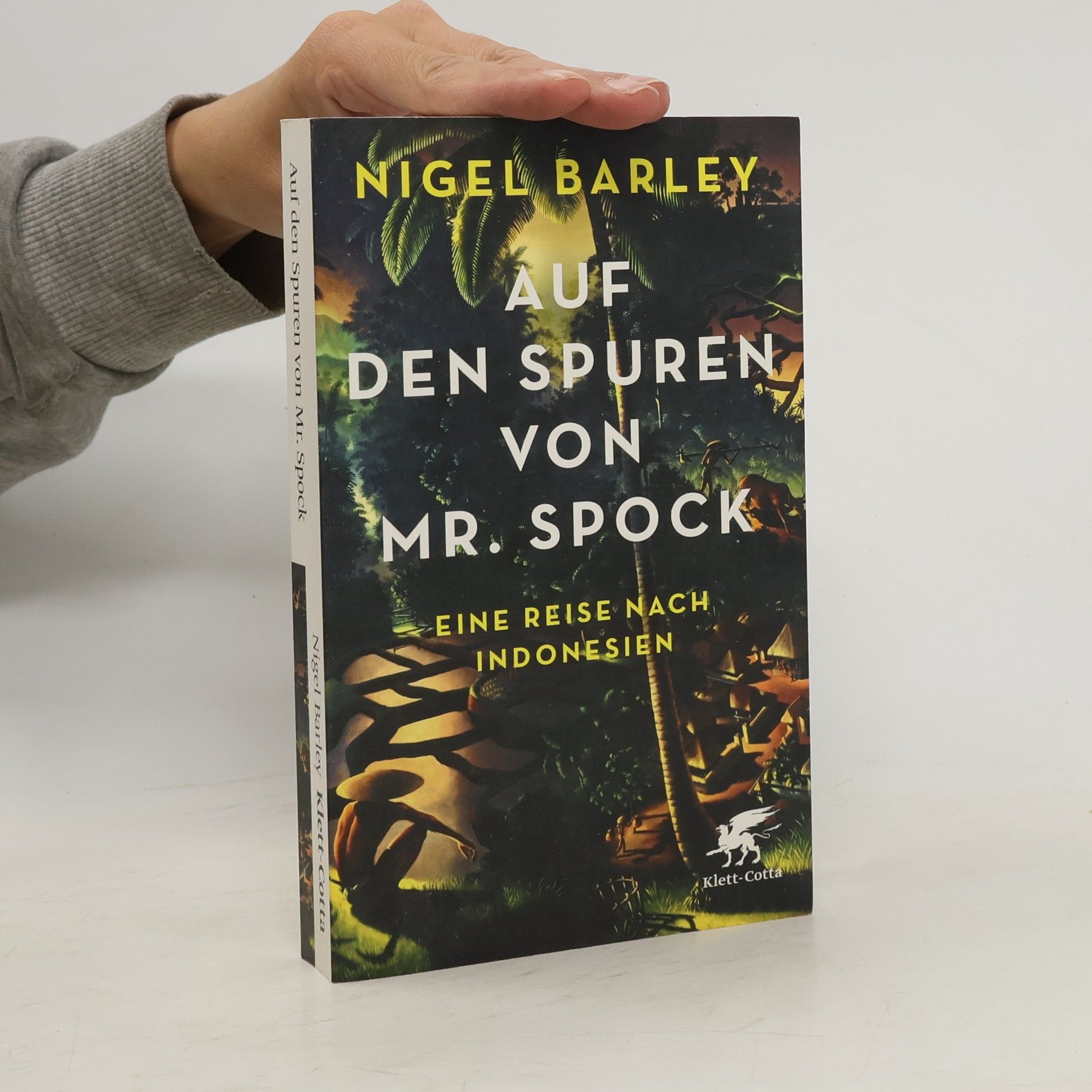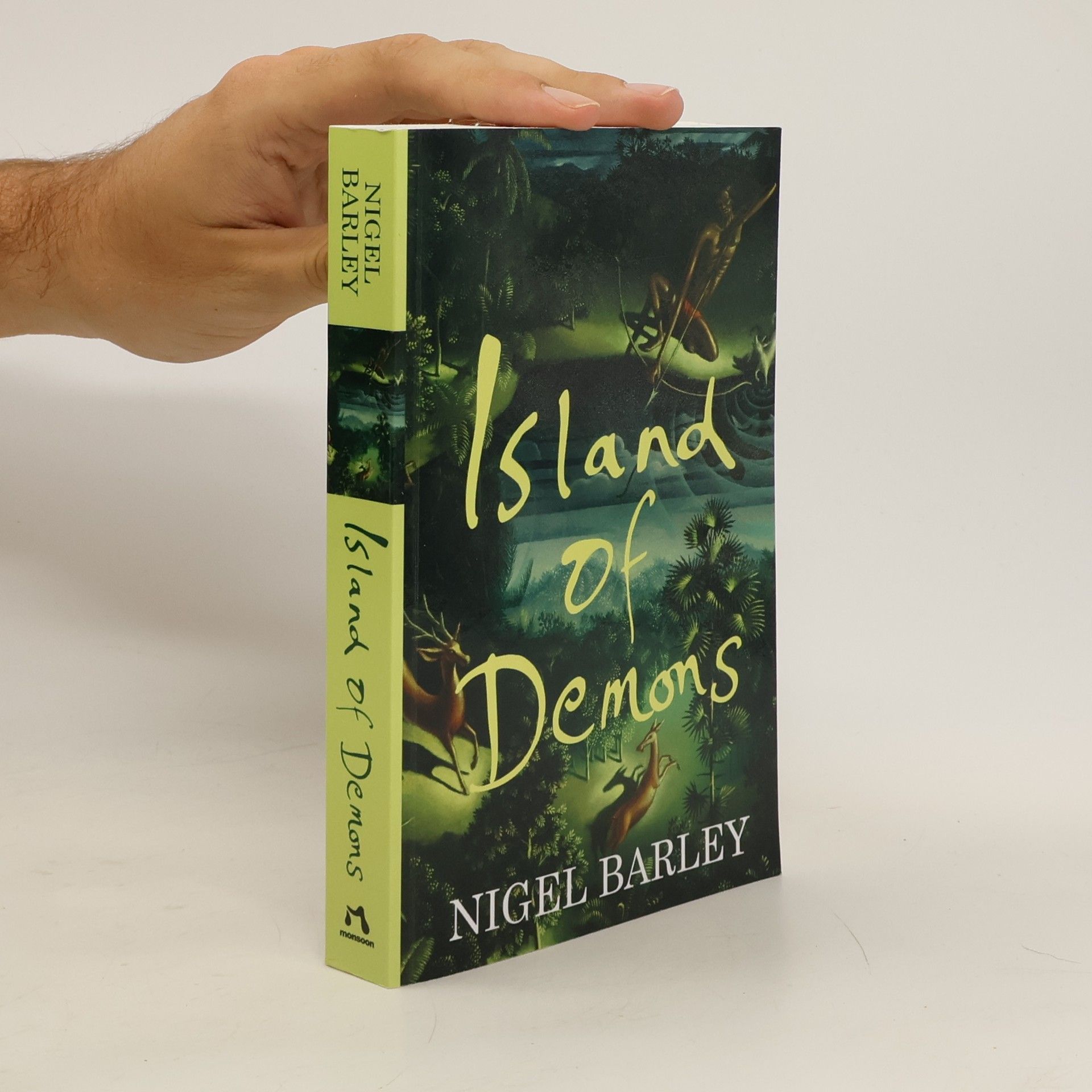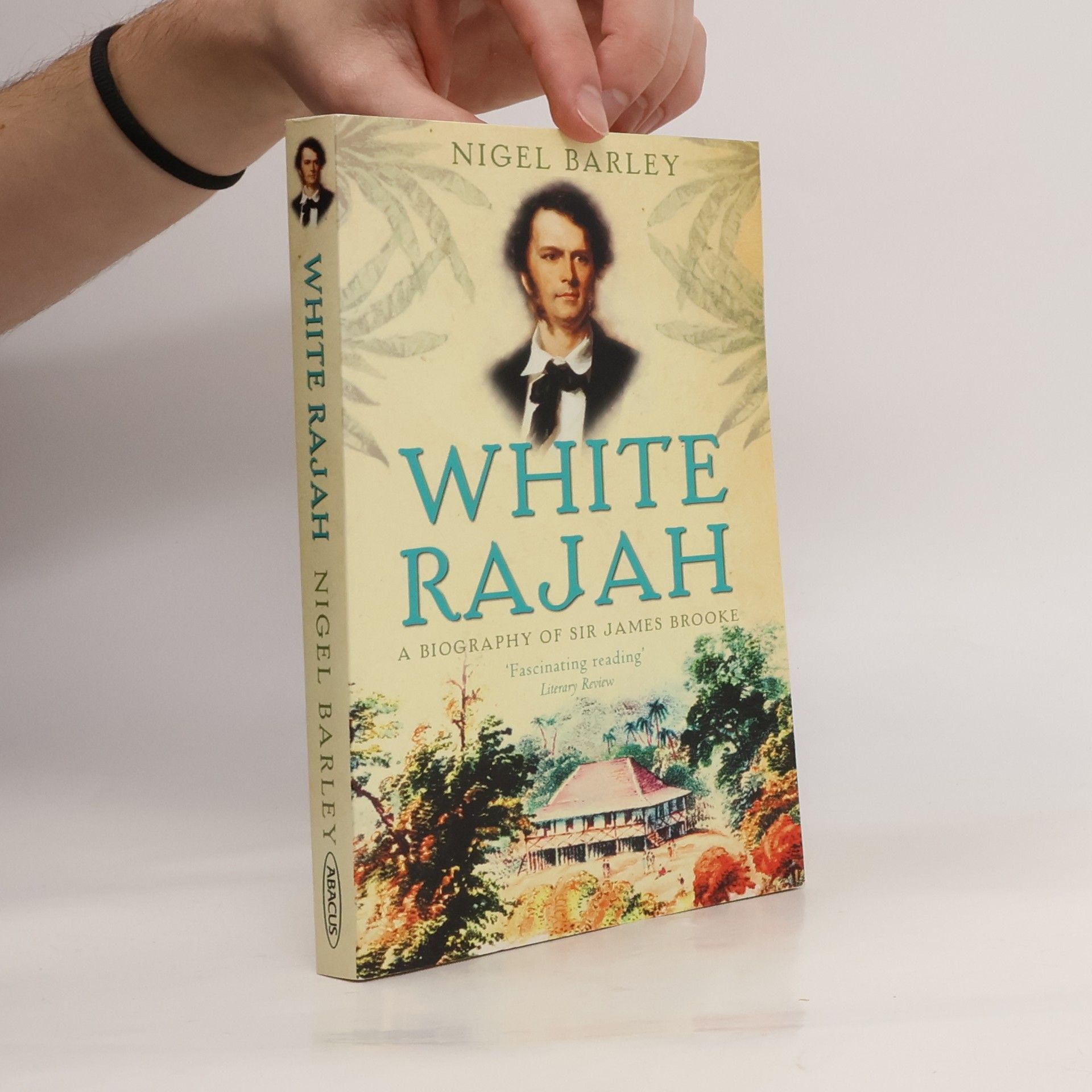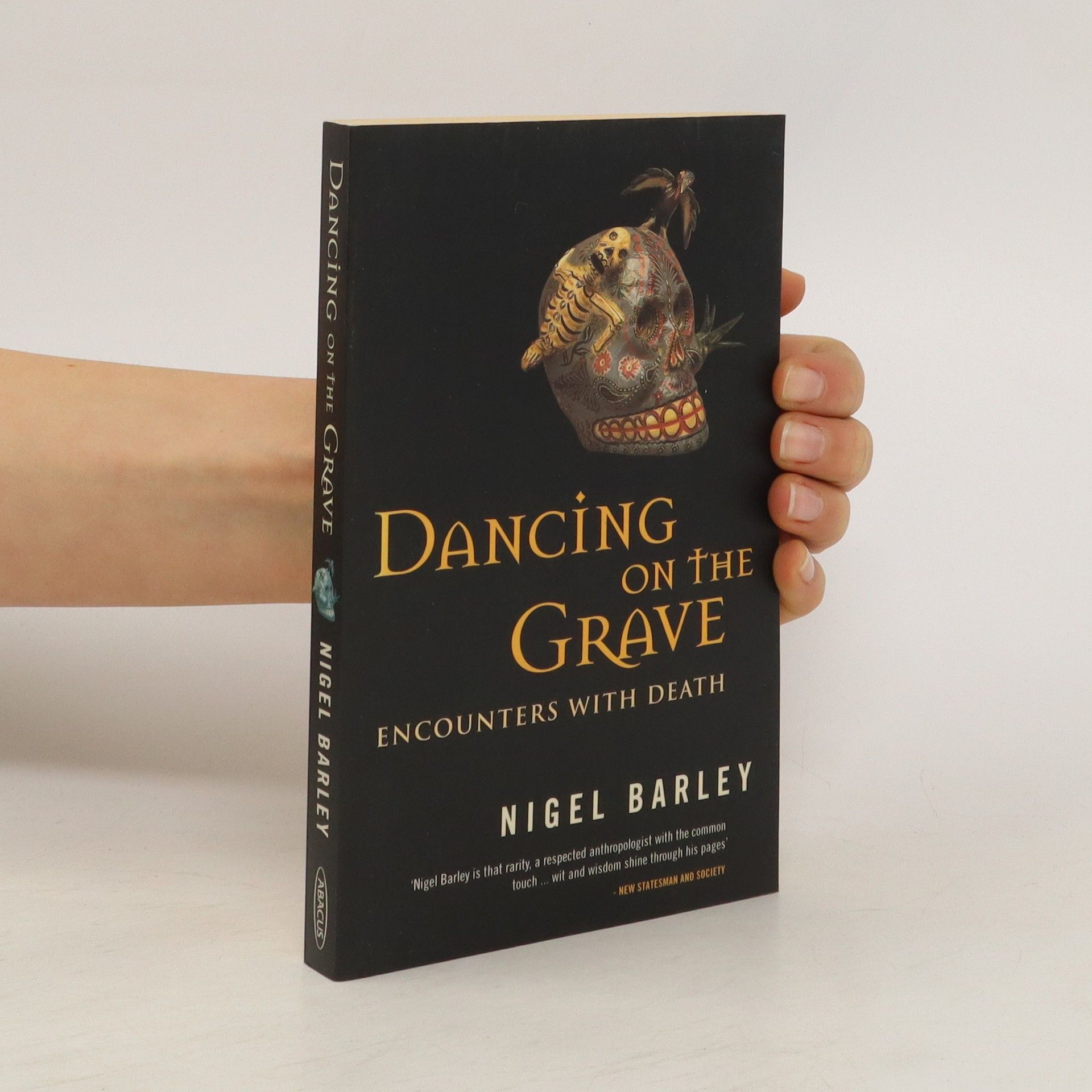A novel about eccentric 19th-century Englishman Alexander Hare: a trader and slave-owner in the East and a friend of Thomas Stamford Raffles, the founder of Singapore, but Hare's chief claim to fame is as the creator of a harem of women from throughout Asia.
Nigel Barley Book order (chronological)
N/A


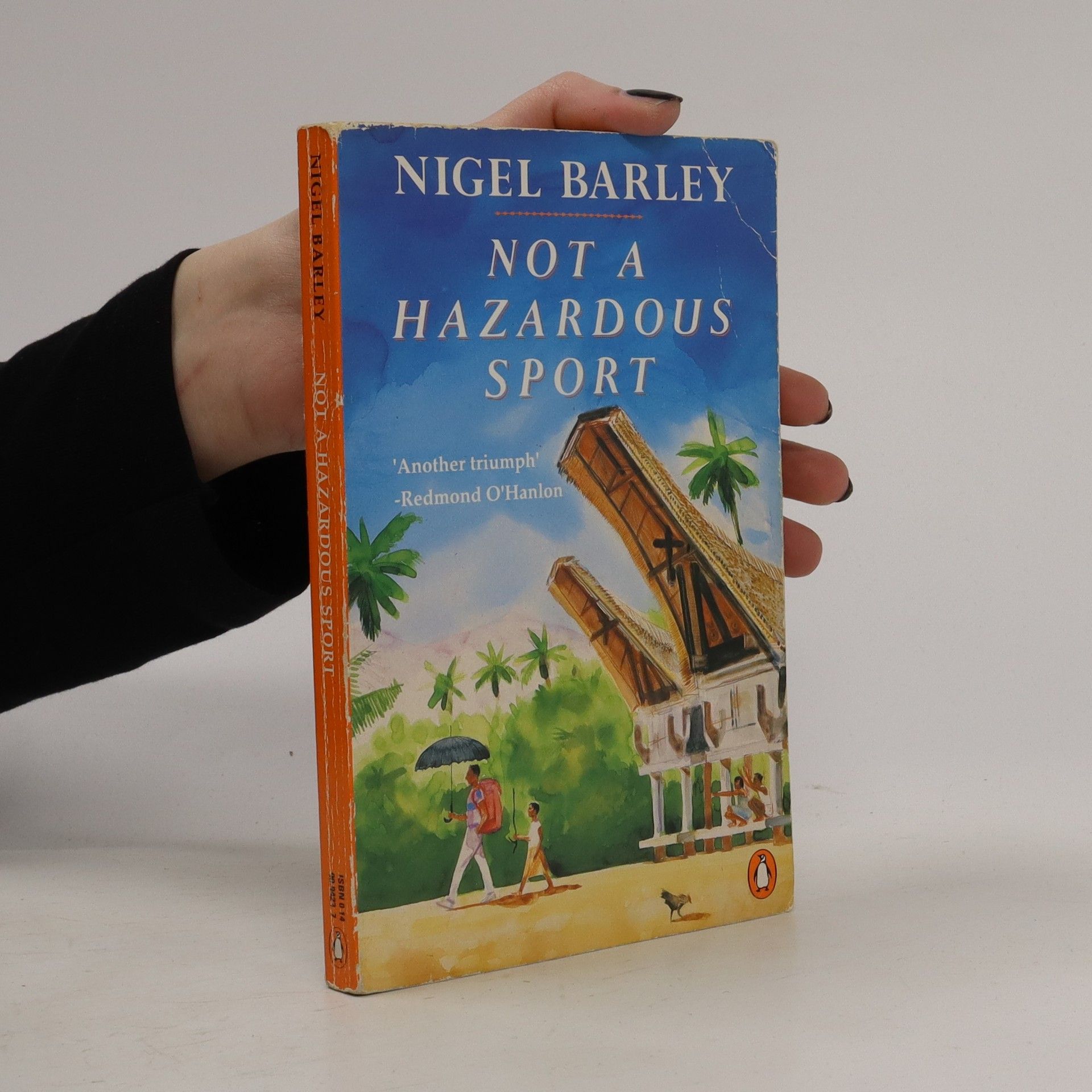

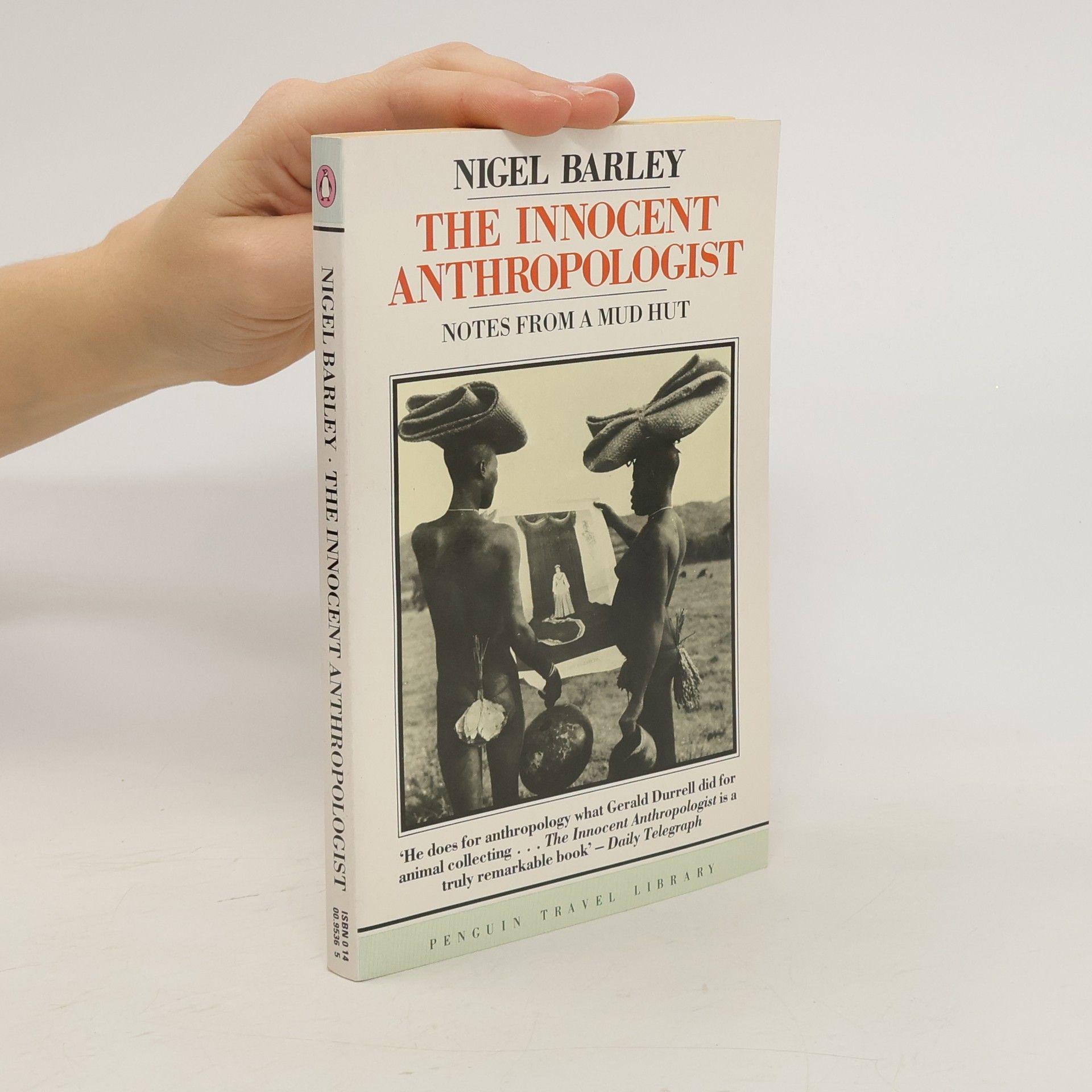


Even
- 142 pages
- 5 hours of reading
We live lives full of daily frustration, haunted by our pasts and unfulfilled hopes. We are told that only therapy offers us salvation through closure. Or is it better to seek revenge? There are professionals who can help us avenge life's insults. Don't get mad get even!
Nigel Barley ist Abenteurer und ein durch und durch neugieriger Mensch. Für so jemanden gibt es eigentlich keine andere Lösung, als Ethnologe zu werden. Sein Reisebericht auf den Spuren der Toraja in Indonesien beweist mit viel Humor, dass diese Berufswahl absolut richtig war. Als Nigel Barley hört, dass die Kinder der Toraja so spitze Ohren haben wie Mister Spock auf dem Raumschiff Enterprise, lässt er alles stehen und liegen und reist nach Indonesien. Dort begegnet er nicht nur einer beeindruckenden Kultur, sondern findet auch Freunde fürs Leben. Um das auch seinen britischen Landsleuten zu demonstrieren, überredet er einige Toraja, für ihn eines ihrer wundervollen Holzhäuser zu bauen. Und zwar mitten in einem Londoner Museum. Wie die Fremden Europa wahrnehmen, lässt mit viel Humor die Grenzen von Beobachter und Beobachtetem verschwimmen.
In 1985, Dr Nigel Barley taught himself Indonesian and set off for the relatively unknown island of Sulawesi. Here he hoped to find unsullied cultures to study and unspoilt natives to investigate. he soon found plenty to wonder at and plenty to admire among the Toraja.
Island of Demons
- 388 pages
- 14 hours of reading
Many men dream of running away to a tropical island and living surrounded by beauty and exotic exuberance. Walter Spies did more than dream. He actually did it. In the 1920s and 30s, Walter Spies - ethnographer, choreographer, film maker, natural historian and painter - transformed the perception of Bali from that of a remote island to become the site for Western fantasies about Paradise and it underwent an influx of foreign visitors. The rich and famous flocked to Spies' house in Ubud and his life and work forged a link between serious academics and the visionaries from the Golden Age of Hollywood. Charlie Chaplin, Noel Coward, Miguel Covarrubias, Vicki Baum, Barbara Hutton and many others sought to experience the vision Spies offered while Margaret Mead and Gregory Bateson, the foremost anthropologists of their day, attempted to capture the secret of this tantalizing and enigmatic culture. Island of Demons is a fascinating historical novel, mixing anthropology, the history of ideas and humour. It offers a unique insight into that complex and multi-hued world that was so soon to be swept away, exploring both its ideas and the larger than life characters that inhabited it.
White Rajah
- 272 pages
- 10 hours of reading
A wonderful piece of swashbuckling historical biography which recalls the best and the worst of the British Imperial character. schovat popis
Was ik maar eerder naar huis teruggegaan! Rampen en fiasco's tijdens veldwerk en expedities
- 224 pages
- 8 hours of reading
In deze hilarische opvolger van de bestseller Was ik maar thuis gebleven brengen 21 biologen en antropologen je aan het lachen met de waargebeurde verhalen van hun ergste dagen en nachten in de tropen.
Tanz ums Grab
- 305 pages
- 11 hours of reading
Da am Tod kein Weg vorbeiführt, auch wenn wir davor die Augen fest verschließen, ist es hilfreich, herauszufinden, wie das Ende in anderen Kulturen verkraftet wird. Der Ethnologe Nigel Barley hat "tausendundeine" Geschichten über den Tod gesammelt und die Phantasien, Mythen, Rituale, Vorschriften auf Gemeinsamkeiten hin untersucht. Der Tod ist universal, doch, wie die Lebenden mit den Verstorbenen umgehen, welche Bedeutung der Tod im Leben hat, das ist von Kultur zu Kultur verschieden.
Dancing on the Grave
- 250 pages
- 9 hours of reading
Seeking to merge the information of theologians and anthropologists, this book looks at the variety of ways in which cultures around the world deal with death and give it meaning. In some cultures, most famously Ancient Egypt, families would virtually financially ruin themselves in order to deal with the death of just one person. Other cultures such as the nomadic peoples of southern Africa, simply pull down the roof of their dwelling onto the body and move on, while the wrapped bodies in Torajan (Indonesian) houses are used as shelves. The reader is guided through such diverse areas as myths about death, belief about ways to mourn, joking at funerals, post-mortem videos, cannibalism, headhunting and royal mortuary ritual.
Der Löwe von Singapur
- 317 pages
- 12 hours of reading
Zu den humanen Vertretern des Kolonialismus zählte der Engländer Sir Stamford Raffles (1781-1826). Der britische Ethnologe Nigel Barley folgt den Spuren dieses "menschenfreundlichen Autokraten" nach Java, Bali und Singapur.

